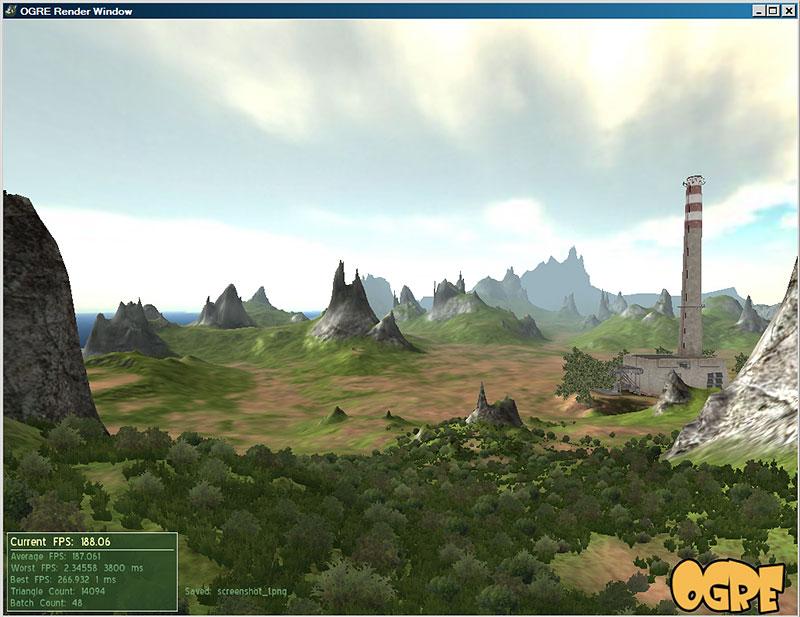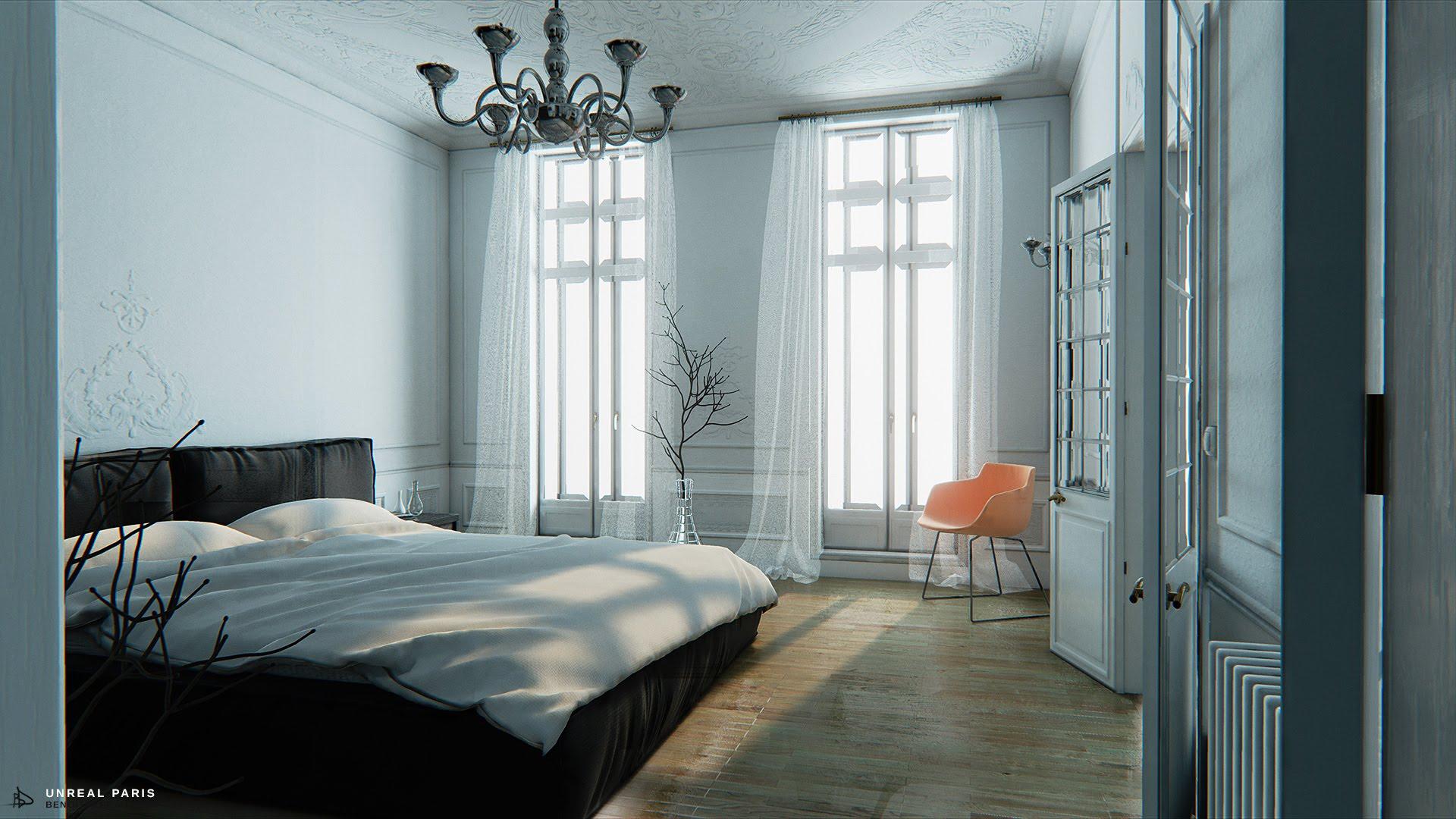Answer the question
In order to leave comments, you need to log in
What determines the quality of 3D images in games?
I was looking at options for engines to create 3d games for PC. And I faced such a dilemma:
There is a category of commercial engines: UnrealEngine, Unity3d, CryEngine - they have their own demos, presentations, where you can see what image quality they can produce and it looks promising.
I also found several OpenSource engines: Ogre3d, Irrlicht, Urho3d etc.
They also have their own demos, but the graphics quality on them is 5-15 years behind.
What is it connected with? How much does the engine determine the final image? If it determines to a large extent - then how is this justified? Better optimization or fundamentally different possibilities?
What can (really, not in theory) be squeezed out of OpenGL (meaning, if you write without an engine), is there an example of a demo (with source code, but rather a tutorial) that represents a competitive level of graphics in pure OpenGL? A cursory search found only examples of the type (teapot (often mirrored) in a brick room + light source(s). And I want to see something like a scene like a game.
Here's an example of an Ogre3d demo: 
And here's Unreal Engine 4: 
Why is there such a difference?
Answer the question
In order to leave comments, you need to log in
What is the reason for such a difference?Bablom.
not an expert, but as a designer and gamer I think that the dog is buried in the following (in order of importance):
1) Lighting
2) Animation
3) Quality of materials (not only textures, because there are games without textures).
Geometry is secondary.
In this industry, the difference between open source and proprietary is that programmers know what open source is (and are often interested in), while artists don't. With the right textures, the picture on Ogre is unlikely to be fundamentally worse than on Unreal.
Well, yes, Unreal eats resources well for such a picture, and Ogre gives out 188 FPS in the open world, as you can see.
Didn't find what you were looking for?
Ask your questionAsk a Question
731 491 924 answers to any question